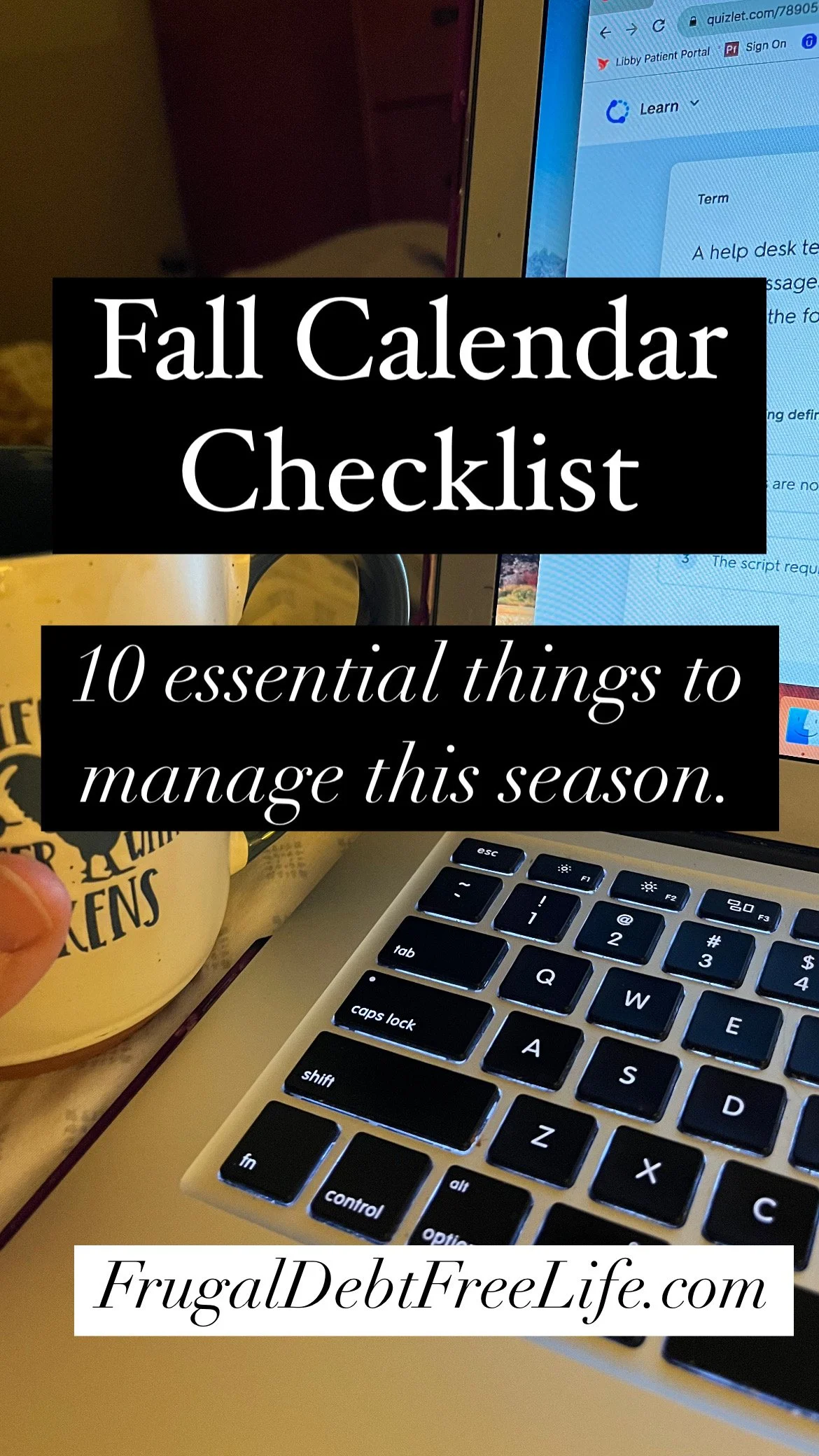Are you an emotional spender? 5 tips to help curb emotional spending
/Have you seen that movie Confessions of a Shopaholic? In the movie, based on the novels by Sophie Kinsella, the main character named Rebecca Bloomwood talks about her love of shopping. In a voiceover, Rebecca tells the viewer about the rush she gets when she purchases a new outfit and swipes her “magic plastic card” to pay for it. Also in the movie, Rebecca finds herself in a massive amount of credit card debt. It is a cute movie based on a premise that, for many, is all too real.
At more than one point in the movie, Rebecca finds herself shopping to reward herself or make herself feel better. While there is certainly nothing wrong with rewarding yourself for hard work, emotional spending can wreck your budget. It can also lead to money fights in your relationships, particularly if you’re hiding your purchases or spending habits from your spouse.
So how do you curb emotional spending?
1. Identify your triggers
If you find yourself heading to Target or looking at Amazon after a long day at work, a fight with your spouse or a disappointing outcome to something you were counting on this could be a sign of an emotional trigger for you. And while finding a great blouse or an awesome shade of lipstick might make you feel good in the moment, it might make you feel crappy later.
Obviously, you can always avoid these situations, but take note of what brings out your need to shop.
2. Remind yourself of how you feel
Remember how we just talked about how you will feel after you spent all that money? Remind yourself of that before you swipe your card. Tell yourself that a new pair of shoes doesn’t solve your problem of fix what stress you out to begin with. You might even keep a stick note or card in your wallet to remind you of that.
3. Find a new outlet
And by that, I don’t mean a shopping center! Find a better way to deal with that stress that won’t cost you money. Maybe it’s a walk, a talk with a friend or a hobby you love.
4. Think of your goals
That $37 you’re about to spend on a new blouse at TJ Maxx could go toward your debt, your house or your vacation fund. You might not think such a small amount will move the needle, but added up over time it will. Also, if you’re spending money earmarked for something else to feed your shopping addiction you are essentially stealing from yourself and your family.
5. Avoid temptation
You can’t spend money where you can’t go. Commit to not going to the mall or Target or wherever you spend your money for a set amount of time. Start small like a week and then expand upon that time to two weeks, then three weeks, then four.
Block certain websites like Amazon or a particular retailer you frequent and unsubscribe from their sales and promotional emails. Or get a gift card to that establishment, if you use it up, it’s gone and you can’t spend any more money there.
Also, I found this really great quiz to help you determine if you are, in fact, an emotional spender.
What about you? DO you struggle with emotional spending? How do you deal with it? Leave a comment below.
























